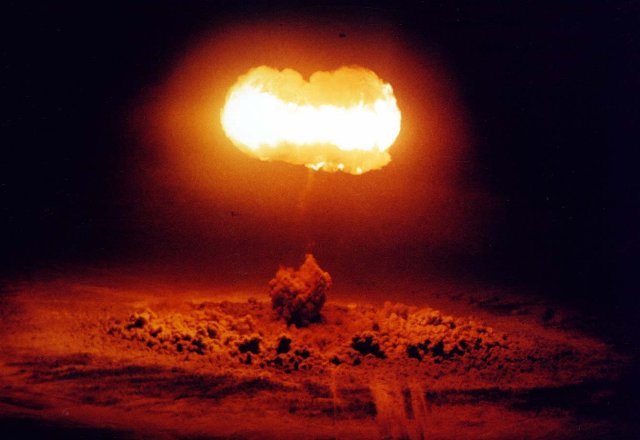Overview
Since the end of the Cold War, a new nuclear order has emerged, shaped by rising nuclear states and military technologies that threaten stability, writes George Mason University’s Gregory Koblentz in a new Council Special Report.
During the Cold War, the potential for nuclear weapons to be used was determined largely by the United States and the Soviet Union. Now, with 16,300 weapons possessed by the seven established nuclear-armed states—China, France, India, Pakistan, Russia, the United Kingdom, and the United States—deterrence is increasingly complex. Since most of these countries face threats from a number of potential adversaries, “changes in one state’s nuclear policy can have a cascading effect on the other states.”
Though many states are downsizing their stockpiles, Asia is witnessing a buildup; Pakistan has the fastest-growing nuclear program in the world. By 2020, it could have a stockpile of fissile material that, if weaponized, could produce as many as two hundred nuclear devices. The author identifies South Asia as the region “most at risk of a breakdown in strategic stability due to an explosive mixture of unresolved territorial disputes, cross-border terrorism, and growing nuclear arsenals.”
Emerging technologies such as missile defenses, cyber and antisatellite weapons, and conventional precision strike weapons pose additional risks, Koblentz warns, and could potentially spur arms races and trigger crises.
“The United States has more to lose from a breakdown in strategic stability than any other country due to its position as a global leader, the interdependence of its economy, and the network of security commitments it has around the world,” he asserts. The United States and Russia still possess more than 90 percent of the world’s nuclear weapons. Despite the increasing chill in U.S.-Russia relations, Washington’s highest priority should be to maintain strategic efforts with Russia and China, the two states with the capability and potential intent to launch a nuclear attack on the American homeland.
The United States should work with other nuclear states to address sources of instability in the near term and establish processes for multilateral arms control efforts over the longer term, writes Koblentz. He urges the Obama administration to
- enhance initiatives that foster transparency, confidence-building, and restraint to mitigate the risk that emerging technologies will trigger arms races, threaten the survivability of nuclear forces, or undermine early warning and nuclear command and control systems;
- deepen bilateral and multilateral dialogues with the other nuclear-armed states; and
- create a forum for the seven established nuclear-armed states to discuss further steps to reduce the risk of deliberate, accidental, or unauthorized use of nuclear weapons.
Download Full Report in PDF:
Strategic Stability in the Second Nuclear Age (2489 downloads)










